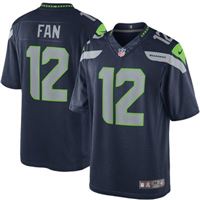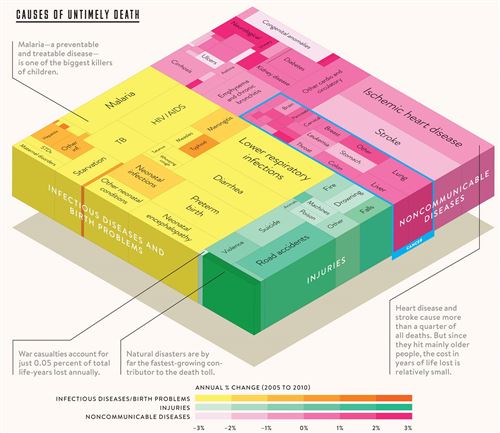 MattB posted an article on Facebook that I felt deserved it’s own post here. It’s from thefederalist.com and is called “The Death Of Expertise”. The article discusses how our society is full of people who search the internet for 5 minutes and then denounce legitimate experts as idiots. Here are a couple quotes from the article but I encourage you to read the whole thing:
MattB posted an article on Facebook that I felt deserved it’s own post here. It’s from thefederalist.com and is called “The Death Of Expertise”. The article discusses how our society is full of people who search the internet for 5 minutes and then denounce legitimate experts as idiots. Here are a couple quotes from the article but I encourage you to read the whole thing:
Yes, it’s true that experts can make mistakes, as disasters from thalidomide to the Challenger explosion tragically remind us. But mostly, experts have a pretty good batting average compared to laymen: doctors, whatever their errors, seem to do better with most illnesses than faith healers or your Aunt Ginny and her special chicken gut poultice. To reject the notion of expertise, and to replace it with a sanctimonious insistence that every person has a right to his or her own opinion, is silly…
People in political debates no longer distinguish the phrase “you’re wrong” from the phrase “you’re stupid.” To disagree is to insult. To correct another is to be a hater. And to refuse to acknowledge alternative views, no matter how fantastic or inane, is to be closed-minded…
Thus, at least some of the people who reject expertise are not really, as they often claim, showing their independence of thought. They are instead rejecting anything that might stir a gnawing insecurity that their own opinion might not be worth all that much.

 The ratio of good books I hear about to good books I have time to read is approximately 7000 to 1. Ok, maybe it’s not that bad, but I do have a huge backlog of books that I’d love to read. Keeping track of them was a bit ugly in the past but it got a lot cleaner once I started using
The ratio of good books I hear about to good books I have time to read is approximately 7000 to 1. Ok, maybe it’s not that bad, but I do have a huge backlog of books that I’d love to read. Keeping track of them was a bit ugly in the past but it got a lot cleaner once I started using  A couple weeks ago, TimS told me about a website that sells NFL jerseys for really cheap. They come from China so it’s a good bet that they are unlicensed. There seem to be a lot of websites that do this but the one we looked at was
A couple weeks ago, TimS told me about a website that sells NFL jerseys for really cheap. They come from China so it’s a good bet that they are unlicensed. There seem to be a lot of websites that do this but the one we looked at was 

 It had been a while since I rebuilt my computer so I decided to do it over Thanksgiving break. I was amazed at how quickly it went! Windows 8.1 installed off a USB key in the blink of an eye. I probably could have used the reset functionality built into Windows 8 but I really wanted to do a bare bones completely clean install. Windows 8.1 remembers pretty much every customization I did to the machine and even all of the apps that I had downloaded from the Windows Store. Office and a few other desktop apps required manual install, but Office 2013 is takes literally a couple minutes to install.
It had been a while since I rebuilt my computer so I decided to do it over Thanksgiving break. I was amazed at how quickly it went! Windows 8.1 installed off a USB key in the blink of an eye. I probably could have used the reset functionality built into Windows 8 but I really wanted to do a bare bones completely clean install. Windows 8.1 remembers pretty much every customization I did to the machine and even all of the apps that I had downloaded from the Windows Store. Office and a few other desktop apps required manual install, but Office 2013 is takes literally a couple minutes to install.

 Grant Imahara is currently one of the hosts of Discovery’s Mythbusters. He’s fun to watch on the show, but that’s all I knew about him. He was recently interviewed on a
Grant Imahara is currently one of the hosts of Discovery’s Mythbusters. He’s fun to watch on the show, but that’s all I knew about him. He was recently interviewed on a